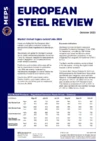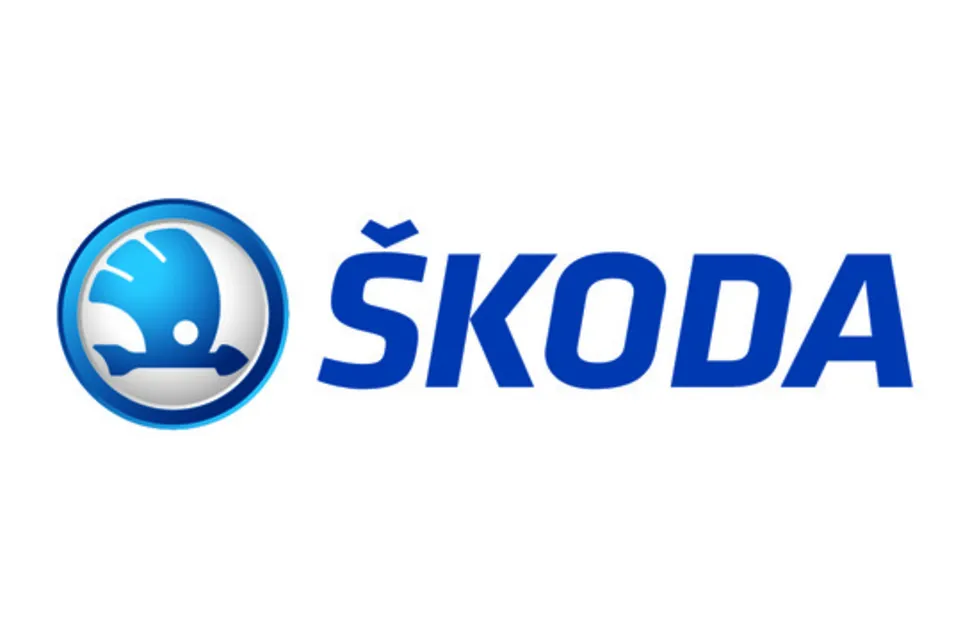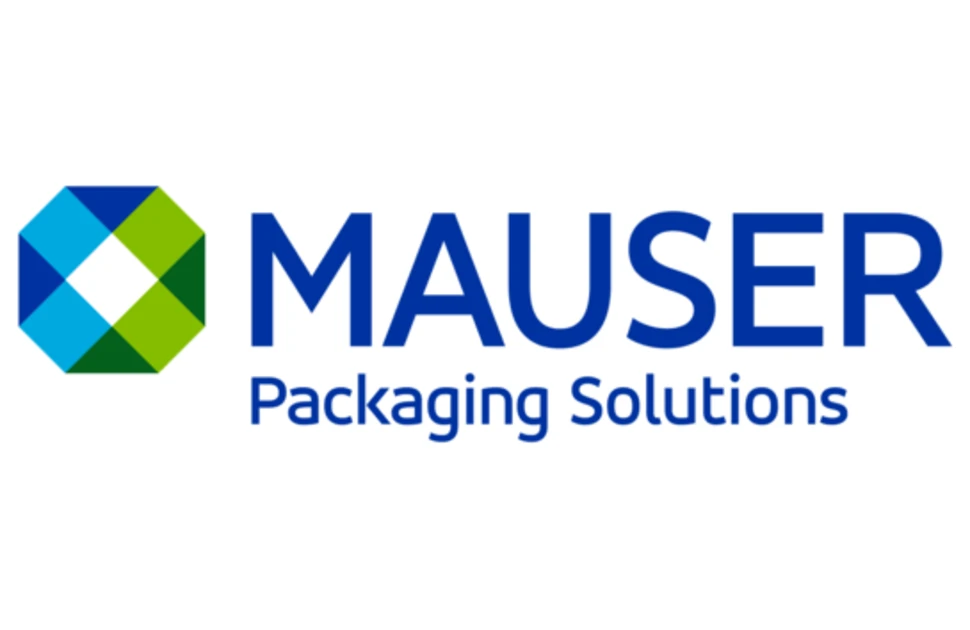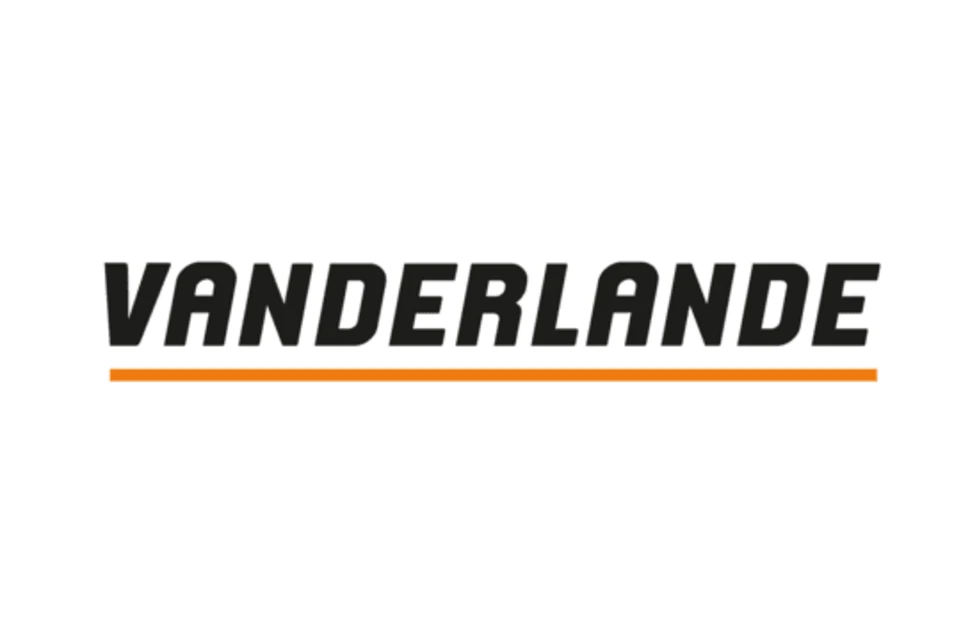EC investigation prompts steel import tariff changes
The European Commission (EC) has listed the addition of country-specific tariff rate quotas (TRQ) for some steel imports from Malaysia among proposed changes to its existing safeguard measures.
The proposed change was among revisions featured in correspondence handed to the World Trade Organization (WTO). The document confirmed the EC’s intention to extend the current tariff model for a year to June 30, 2024, with quarterly quota tonnages increasing by 4%.
Sharing the conclusions of its latest investigations with the WTO, the EC said: “The Commission concluded that an increase in the volume of imports, should the measure be terminated as originally expected, could undermine significantly any meaningful economic recovery and the efforts being made by the Union steel industry in its process of adjustment to a higher level of imports.”
The EC’s extension followed an investigation and consultation started in December last year. This was conducted as part of an assessment of the possible termination of the measure by June 30, 2023. This is required under WTO rules.
In January this year, the EC was prompted to modify the safeguard measures on imports of certain steel products to add justification for its existing measures, in line with WTO rules.
A formal announcement of finalised tariff structure will be made before their July 1 implementation.
‘Shielding’ the EU steel market
The EC report said it disagreed with claims that the “quick exhaustion of some TRQs”, from some origins and in certain product categories, would have led to a shortage of steel in the EU.
It added: “Users have not provided any evidence that the volume of TRQs (including the increased volumes due to liberalisation that will be added to the TRQs as of 1 July 2023) together with the availability of Union-produced steel would not be adequate to fulfil their needs in light of existing and forecasted demand.”
In reaching its proposals, the EC also noted the success of US-imposed Section 232 duties in shielding its steel market from steel imports.
The EC report noted that the Biden administration had reasserted its commitment to “preserving US national security” and did not intend to remove its Section 232 duties.
Despite a slowdown in EU steel consumption which affected the level of TRQ use, most notably in the second half of 2022, the EC highlighted that imports of steel into the EU had totalled 31.1 million tonnes in 2022. This was the third highest level of imports in the past decade, resulting in a 19% market share only exceeded in 2018.
Proposed tariff changes
Malaysia’s country-specific categorisation in category 9 (stainless cold-rolled sheet and strip) featured alongside a number of changes to the EC’s proposed TRQs for the 2023/24 period.
Under the proposed change, Malaysia would be allocated a volume of 13,172 tonnes per quarter in the third and fourth quarters of 2023, and 13,029 tonnes per quarter in quarters one and two of 2024.
The change would cap the volume of tariff-free steel imported into the EU from Malaysia. Last year’s 73,393 tonnes import total represented a 228.5% year-on-year rise. This would exceed the proposed cap by 28.6%.
The potential export tonnages of other nations in the ‘other countries’ classification will be reduced by the amount of country-specific TRQ allocated to Malaysia if the measure is given the go-ahead.
The EC’s proposed changes would also result in developing nations losing their exemption from the Metallic Coated Sheets 4B, Organic Coated Sheets and Large Welded Sheet 25B product categories.
Exemptions on other product categories would be added for most developing nations, however.
Metallic Coated Sheets 4A restrictions would be removed from all except India, Turkey and Vietnam.
Other Seamless Tubes restrictions would be removed for all, with the exception of Brazil, China, India, Ukraine and the United Arab Emirates, with restrictions also newly added to Argentina and Mexico.
“The Commission’s extension of the current measures won’t come as a surprise to most people”, said MEPS steel market analyst Jonathan Carruthers-Green. “That said, we await clarification of the reasoning behind some of the changes to tariffs on certain product categories. As the amendments stand, this will have a large impact on the mix of products imported into the EU.”
South Africa also remains off the ‘other countries’ lists for product categories 8, 9 and 10 having had country-specific TRQs applied in March 2023.
To keep up with the latest insight and pricing intelligence from the EU market, register for MEPS European Steel Review.

Source:
European Steel Review
The MEPS European Steel Review is an informative, concise and easy-to-use monthly publication, offering unique professional insight into European carbon steel prices.
Go to productRequest a free publication





